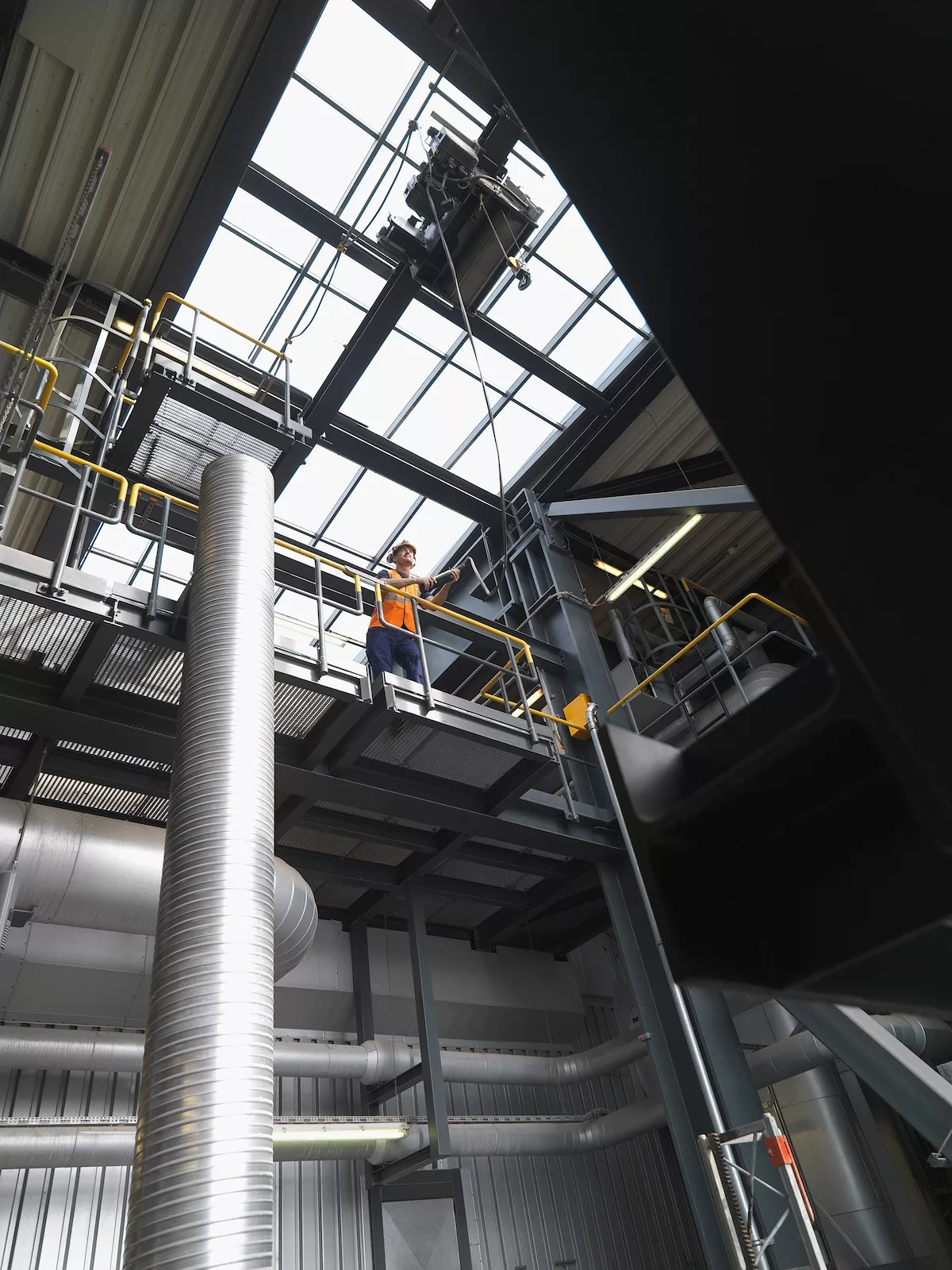
People Are The Most Important Asset Part 1
It is common to hear companies talk about how people are the most important asset. It is just as common to hear workers talk about being frustrated in their jobs and mistreated by the companies that employ them. Every company needs assets, including their employees, to be successful. Even companies dependent on major physical assets will find these are of little value without the right people to operate these assets and carry out the work.
I have spent my entire career working in the upstream oilfield environment and have found people to be a critical success factor in offshore drilling, production projects and operations, consulting engineering, manufacturing, and service. Most companies talk about adding value for their customers, but they often neglect the fact that the biggest value for the customer may be a motivated workforce that will go out of their way to meet the customer’s needs.

Why should employers operate as though people are the most important asset?
There are numerous reasons why employers should view people as the most important asset. Some top reasons include:
- The workforce is essential to provide goods or services that the company offers. Improving employee performance and efficiency are therefore high priorities.
- Skilled people with knowledge of how a company operates are difficult to find and may be even more difficult to replace. Their skills include formal training, experience in related fields, and an understanding of different companies’ cultures, processes, and systems.
- A motivated employee can make a significant difference to the bottom line by bringing in new orders, meeting customers’ needs, developing new products, and performing heroic efforts to achieve an operational, financial or other company goals.

Why Employees
Don’t Feel Valued
Why would most employees not perceive that they are a company’s most important assets? Reasons include:
- Employees are often unappreciated until another firm attempts to recruit them. When the company learns of a potential loss, the employee is offered a job reassignment, promotion, raise or bonuses. This firefighting mode can be avoided if a company develops ongoing processes that encouraged employee retention, instead of resignations.
- An employee’s present and future value is difficult to quantify and can easily be overlooked compared to a company’s other physical assets. Employees don’t show up as an asset on a balance sheet or company financial state.
- Over the last 3-plus years of industry downturn, almost every company has downsized their number of employees. It is no wonder the remaining employees are suspect of their value to the organization for which they work. Employers will need to reinstate confidence in their remaining employees going into the future or they will be short-handed when existing employees have more employment options.
Employees should be recognized as a company’s greatest asset. While most companies agree with this in principle, they often do not support it in their day-to-day actions. People can make all the difference in a company’s success and, with a motivated work force, can make up for almost any lack of other resources such as facilities, working capital, and limited products. Every company should make concentrated efforts to meet employee needs and desires in a cost-effective way, so that company performance will be improved. This improved performance should result in better customer service and increased shareholder value. So yes, I believe employees do really matter to the companies they work for and should be treated accordingly.
Part 2 will deal with meeting employee expectations, which is crucial for retaining and motivating personnel in today’s market.
Let’s Talk
We will help you overcome strategic challenges to realize the business value you seek.
